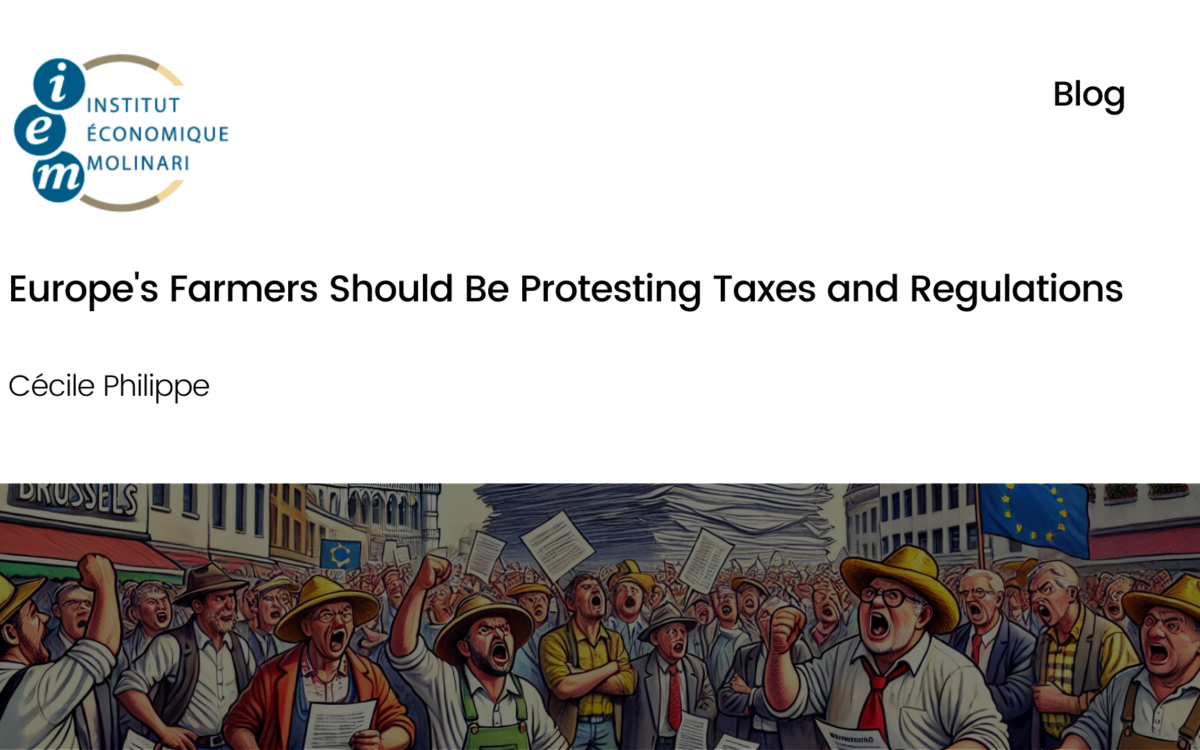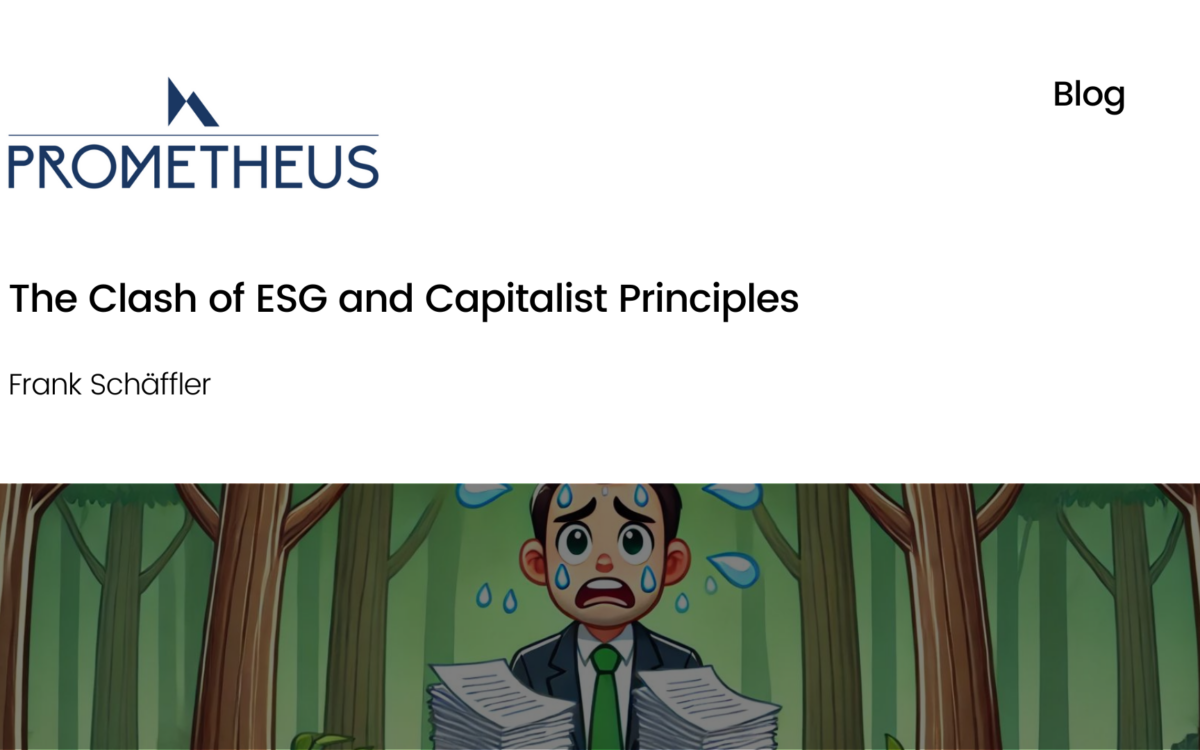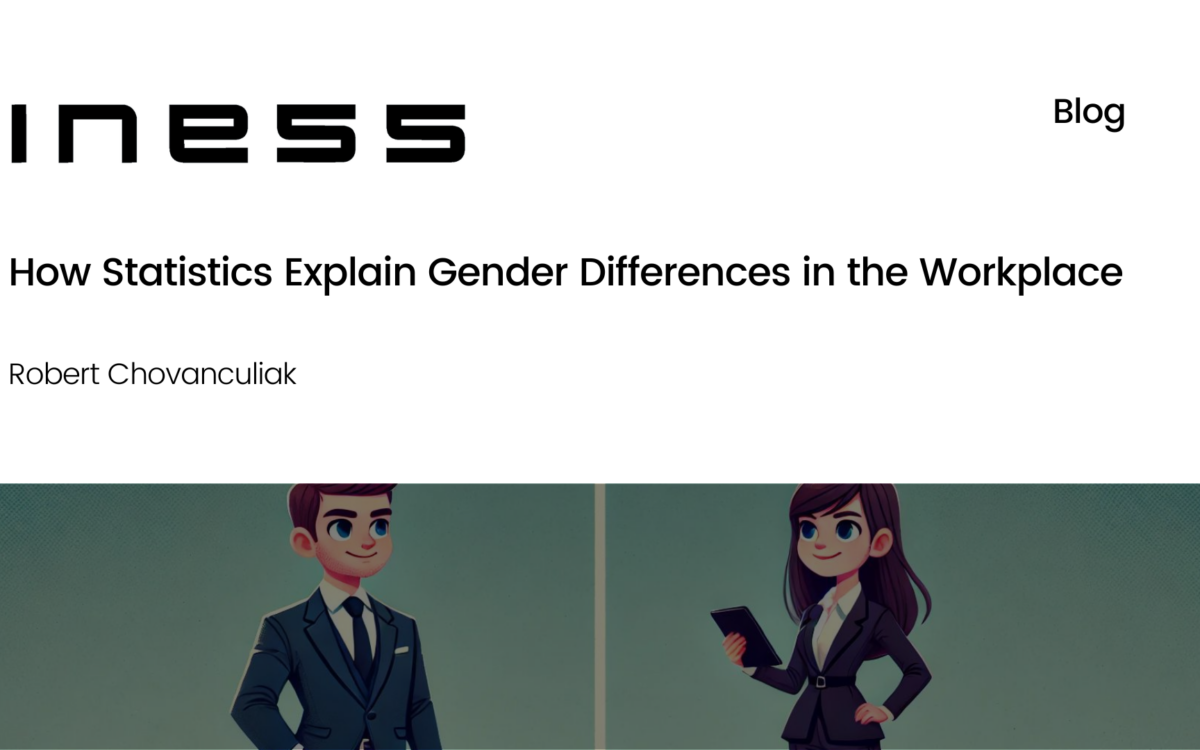Competing Interests: Lessons From the International Tax Competitiveness Index

Competing Interests: Lessons From the International Tax Competitiveness Index
Panayiota Georgiou // 12 November 2019
According to the 2019 International Tax Competitiveness Index (ITCI) rankings, Estonia holds the most-competitive position for the sixth year in a row, while France ranks at the bottom of the index. What are the implications of the rankings for EU countries and their citizens?
The ITCI measures the degree to which the 36 OECD countries’ tax systems promote competitiveness through low tax burdens on business investment and neutrality via a well-structured tax code. This means that Estonia’s tax system is the most competitive in the OECD.
In particular, one significant aspect which the ITCI measures, is the level of corporate taxation. It is argued that cutting corporate taxation leads to increased investment, productivity gains and consequently increased economic growth.
The argument in favour of reducing corporate taxation usually focuses on two aspects. Firstly, the fact that corporate tax limits capital formation, growth and output. Secondly, that cutting corporate taxation can stimulate growth and lift the level of economic activity.
In this sense, a competitive and neutral tax code promotes sustainable economic growth and investment while raising sufficient revenue for government priorities.
Therefore, the ITCI can be a useful tool as it displays not only which countries provide the best tax environment for investment but also the best tax environment to start and grow a business. The comparison of countries’ tax codes, and the observation of how some are good and bad models, offers a way to benchmark and evaluate how countries structure their tax systems. This consequently provides important insights into how tax policy is structured.
Additionally, this is empirically evident from countries in Southern Europe, especially in the aftermath of the 2008 global crisis and the austerity measures that followed. An interesting example comes from Greece, a country consistently ranked in the lower tiers of the ITCI for the past few years. Unsurprisingly, Greece ranks very low in the overall competitiveness index (30). This is driven by the low rank for corporate taxation (29).
With the recent elections and the new government focusing on attracting FDI and making Greece competitive again, you would expect Greece’s score to improve significantly over the years to come. A more favourable corporate tax framework, particularly for countries like Greece exhibiting high levels of unemployment, will optimally lead to higher worker wages and potentially also increase employment.
Another interesting observation from the latest ITCI rankings is related to the countries around the middle of the list, notably the Scandinavian countries. As in the cases of Finland (18) and Norway (19), the low corporate tax rank is being offset by the high individual tax rate that is linked to social security contributions.
For the leaders of the index rankings, particularly the Baltic countries, low corporate taxation, drives the rankings up, but this is tempered by an average consumption tax rank, particularly for Latvia and Lithuania. In conjunction with the latest OECD figures on employment, there is an observable positive correlation between the ITCI corporate tax ranking and unemployment as the lower the corporate taxation the lower the unemployment. In contrast, individual and consumption taxes have a weaker correlation with unemployment.
The International Tax Competitiveness Index is therefore a useful tool to evaluate the future performance of an economy. Various tax regimes have a significant impact on foreign direct investment, economic growth and the employment rates of a country. The ITCI is a good indicator that highlights areas where tax reforms are needed.
EPICENTER publications and contributions from our member think tanks are designed to promote the discussion of economic issues and the role of markets in solving economic and social problems. As with all EPICENTER publications, the views expressed here are those of the author and not EPICENTER or its member think tanks (which have no corporate view).



